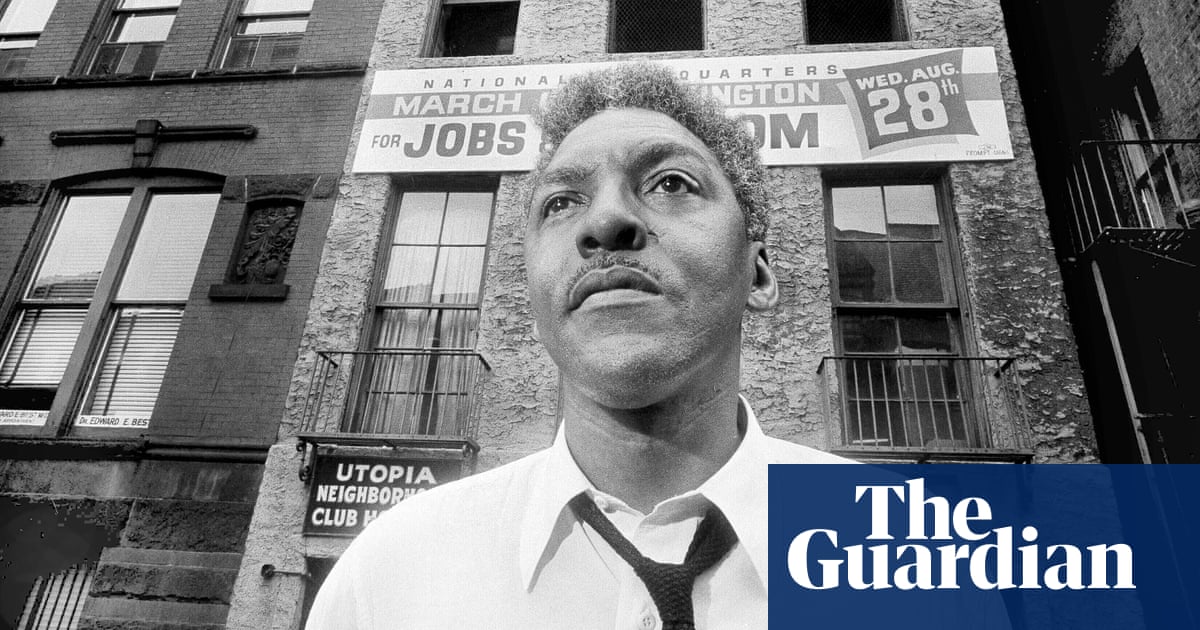
Nobody died because the staff of 10 Downing Street threw office parties throughout the Covid lockdown, and yet it’s what finally brought down Boris Johnson’s government. More than mass casualties or millions in lost public money, the discovery that the people setting the rules didn’t feel those rules applied to them was what stuck in the collective craw. Channel 4’s furious docudrama Partygate pinpoints why that was the case.
Set between the outbreak of Covid in early 2020 and the spring of the following year, Joseph Bullman’s film has Johnson himself as a peripheral presence, played by a lookalike filmed from behind and voiced by Jon Culshaw. Our protagonists are the aides, advisers, PR people and junior civil servants around him – most of whom are named, real people.
By day, they were running the country. By night, they were on the wine and karaoke, and Partygate’s core mission is to say, yes, the rule-breaking really was that bad, both in terms of the number of parties – each of the 15 shown is numbered and dated by a caption on the screen – and how debauched they were. Its signature scene is a horribly authentic rendering of a full-on blowout: sweat, snogs and spew in a confined space.
Whenever you wonder whether the dramatisations can possibly be accurate, relevant quotes from Sue Gray’s report pop up to corroborate them. News clips are also spliced in to show us where we are on the Covid timeline, and to remind us of the extent of the catastrophe. The cold facts are sobering; to explore why they didn’t sober up 10 Downing Street, Bullman creates two fictional main characters, recent recruit Grace (Georgie Henley) and experienced operator Annabel (Ophelia Lovibond).
Grace, the narrator of the piece, is a faithful Tory but is still green and not as socially connected as her new colleagues – not quite immersed in the culture. She expresses doubts, not always with dramatic subtlety. “Are we still in a meeting?” she asks, attending the infamous garden party of May 2020. “Are we having a party?” she inquires, still naively shocked five days later as Annabel hauls her off to Tesco to fill a suitcase with plonk.
Annabel’s confident reassurances can be equally cartoonish – at one point, she tells Grace that the rules are “not meant for us” – but they also give Partygate its political heft. Her rundown of the main players on the dancefloor and where they came from, rattling through these poisonous berks’ CVs, is particularly pointed. Eton, Westminster, Oxford, Policy Exchange, Vote Leave – the organisations are a mix of old engines of the establishment and shadier tools for maintaining dominance. Which person was at which one? It doesn’t matter.
Partygate shares one of the key qualities of The Thick of It, which is not just portraying political professionals as unpleasant, interchangeable idiots but showing them playing their own private parlour game, never giving a thought to how policy affects people. Aside from when someone has to reply to the public’s tweets asking if they can have a Christmas party – absolutely not, the wonk responds, struggling to type because he’s hungover from a Downing Street Christmas party – the wellbeing of the masses does not intrude.
This film, however, gives voice to those who are not members of the club. We regularly cut to stark interviews with those whose irreplaceable final days with dying loved ones were compromised by what they thought were unbreakable rules. Time is also taken to explore how the Covid booze-ups point to a blatantly rigged justice system: when they were eventually met with legal sanction, Johnson and his underlings were fined £50 each, but we meet ordinary people whose lives were ruined by fines of £10,000 or more.
The good news for the Conservative party, as it concludes its annual conference with this grenade of a programme exploding in the background, is that it could have been worse: Partygate glosses over one of the most disturbing aspects of the whole affair.
Grace, the compassionate Tory of myth and legend, is shown being tipped over the edge by the parties that coincided with Prince Philip’s funeral in April 2021. She copies evidence on to a flash drive, the action of a classic conscientious whistleblower. It is implied that she is about to put principles first and risk her career by leaking the killer info.
In reality, the scandal only flared up in the British press in December that year, several months after the last illicit gathering: the delay suggests someone coolly sitting on the intel until it becomes politically expedient to get rid of Boris Johnson.
If that’s the case, Partygate’s ending lets the Tories off lightly. But the searing contempt and bruised regret in the tale it tells before that is enough. It’s still a vital document of a moment of national shame.
Partygate is on Channel 4 now.












